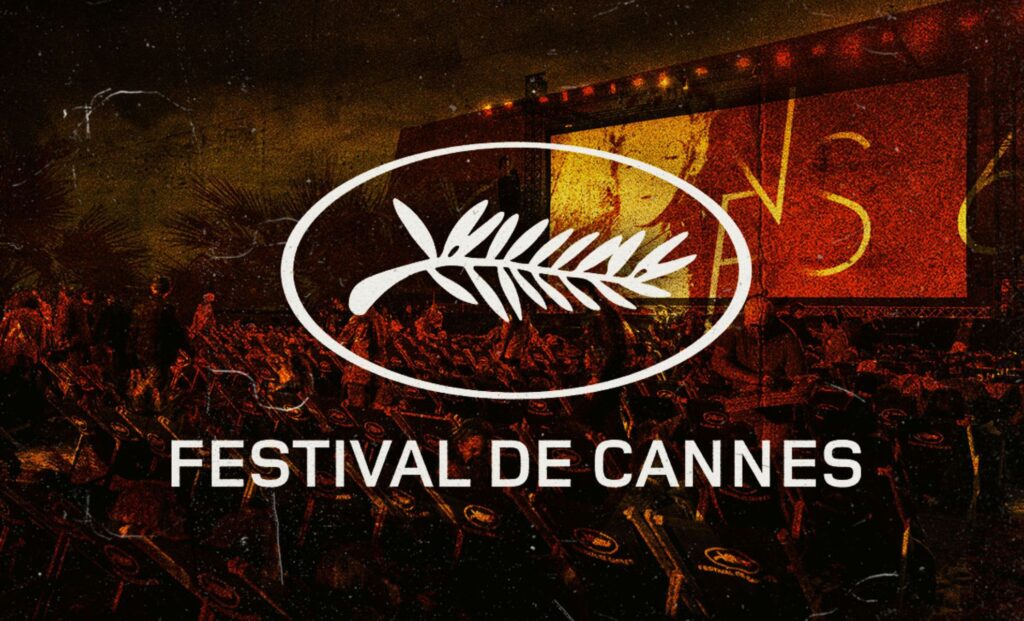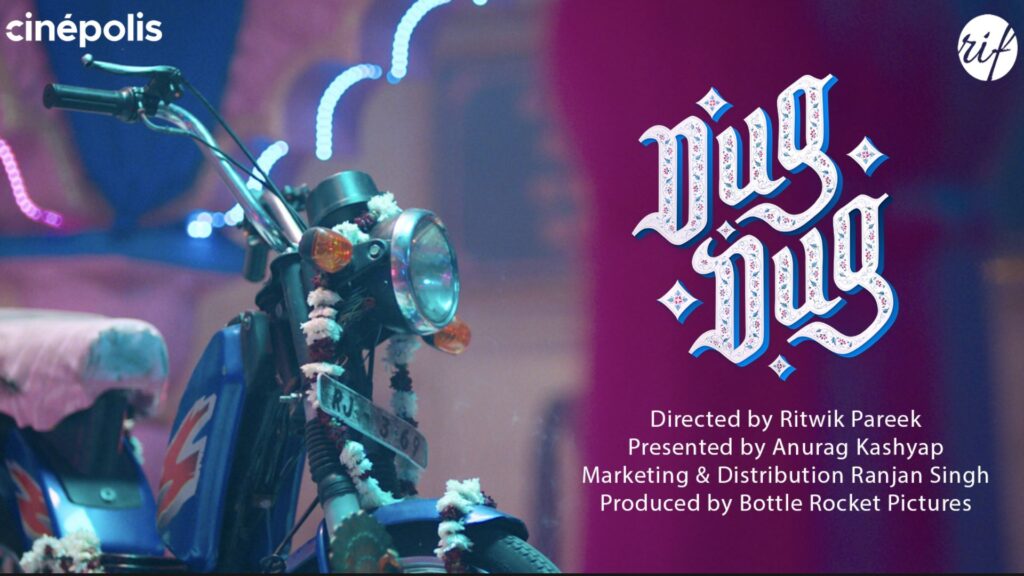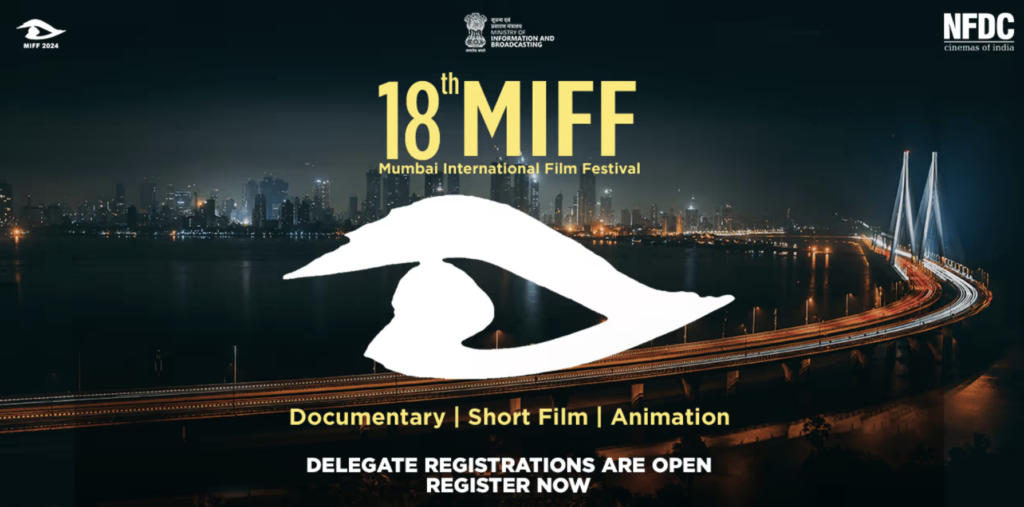The 78th Cannes Film Festival, slated for May 13 to 24, 2025, is poised to be a confluence of cinematic brilliance and cultural discourse, reflecting the evolving tapestry of global filmmaking. Presiding over the jury is the esteemed French actress Juliette Binoche, marking four decades since her inaugural Cannes appearance with “Rendez-vous” in 1985. Reflecting on this milestone, Binoche has often remarked, “I was born at the Festival de Cannes,” underscoring the festival’s pivotal role in her career. Over the past four decades, she has collaborated with an array of international auteurs, including Krzysztof Kieślowski in “Three Colors: Blue,” Michael Haneke in “Caché,” and Abbas Kiarostami in “Certified Copy,” the latter earning her the Best Actress award at Cannes in 2010. Her filmography reflects a fearless pursuit of diverse and challenging roles, traversing languages and cultures, which has cemented her status as a global cinematic icon. In her statement upon accepting the jury presidency, Binoche expressed both honor and humility, acknowledging the privilege and responsibility the role entails. Notably, her selection marks only the second time in Cannes history that a female jury president succeeded another woman, following Greta Gerwig in 2024, a testament to the festival’s evolving commitment to gender parity.

The festival’s lineup is a cinephile’s dream, featuring world premieres from auteurs like Terrence Malick with “The Way of the Wind,” László Nemes’ “Orphan,” and Lynne Ramsay’s “Die, My Love.” Additionally, the festival’s official poster, a closely guarded secret each year, often pays homage to cinematic legends; for instance, the 2021 poster featured an image of Spike Lee, the first Black jury president. India’s recognition as the country of honor at the Better World Fund’s gala during the 2025 Cannes Film Festival is a significant acknowledgment of its profound cinematic legacy and its burgeoning role in global storytelling. Scheduled for May 20 at the iconic Carlton Hotel, this event promises to be a vibrant confluence of art, culture, and philanthropy. The inclusion of esteemed filmmakers Mira Nair and Nandita Das as guests of honor not only highlights their individual contributions to cinema but also underscores the broader impact of Indian filmmakers in portraying narratives that resonate universally. Nair’s body of work, including films like “Salaam Bombay!” and “Monsoon Wedding,” has adeptly bridged Eastern and Western sensibilities, offering audiences a nuanced perspective on Indian life and diaspora experiences. Similarly, Das’s commitment to socially relevant themes has brought critical issues to the forefront of cinematic discourse.
The gala’s philanthropic focus on supporting the Salaam Baalak Trust, an organization dedicated to aiding street children in India, adds a layer of meaningful engagement beyond the cinematic celebrations. This initiative reflects a commendable synergy between cultural appreciation and social responsibility, emphasizing the transformative power of art in effecting real-world change. However, while the event’s intentions are laudable, it also brings to light the complexities of cultural representation on such esteemed international platforms. There’s an inherent challenge in encapsulating the vast diversity of Indian cinema and culture within a singular event, risking the oversimplification of its multifaceted narratives. Furthermore, the effectiveness of such honors in translating to tangible opportunities for lesser-known Indian filmmakers and artists remains a point of contemplation. Alia Bhatt’s forthcoming debut as a representative of L’Oréal Paris marks a significant milestone in her career, symbolizing the increasing confluence of Eastern and Western cinematic and fashion sensibilities. Her previous appearances, notably at Paris Fashion Week, have demonstrated her versatility and global appeal, setting the stage for her anticipated presence at Cannes. Bhatt’s participation is poised to influence fashion and beauty narratives at the festival, reflecting a broader trend of Bollywood’s integration into international platforms.
Additionally, despite receiving international acclaim for its incisive portrayal of police brutality and systemic discrimination in rural India, the film “Santosh” has been banned in its home country by the Central Board of Film Certification (CBFC), but induced celebrations at Cannes. The CBFC cited concerns over the depiction of sensitive topics such as Islamophobia, casteism, misogyny, and police misconduct, leading to a contentious debate on censorship and the portrayal of institutional flaws in art. Critics argue that such censorship stifles necessary discourse on pressing societal issues, while proponents contend that certain portrayals could exacerbate social tensions. This incident underscores the delicate balance between preserving national image and allowing creative expressions that challenge the status quo. This tension is reflective of a broader struggle within postcolonial societies to reconcile heritage with progressive narratives. The international recognition of “Santosh” highlights the paradox where stories suppressed domestically are lauded abroad, raising questions about whose voices are amplified and whose are silenced. In a parallel vein, the festival’s commitment to transculturalism brings to light the complexities of cultural representation and the potential for misinterpretation.
Moreover, the recent controversy surrounding lead actress Karla Sofía Gascón’s past offensive remarks has cast a shadow over the film’s achievements, emphasizing the need for accountability and ethical scrutiny in the industry. Beyond individual controversies, Cannes faces broader critiques regarding its trajectory. The festival’s increasing commercialization and the influx of social media influencers have led some to question whether it has strayed from its original mission of celebrating cinematic excellence. Critics argue that the red carpet, once a symbol of filmic prestige, now resembles a platform for digital celebrities, potentially diluting the festival’s artistic focus. Furthermore, the persistent underrepresentation of female directors in the main competition highlights ongoing gender disparities within the festival’s selection process. Despite incremental progress, the call for a more inclusive and equitable platform remains pressing, urging Cannes to not only reflect the diversity of global cinema but also to actively promote it. Furthermore, the festival’s glamorous veneer occasionally obscures underlying issues within the industry. Recent legal proceedings, such as the conviction of filmmaker Christophe Ruggia for sexual assault, underscore the ongoing challenges of addressing misconduct in cinema. Ruggia’s conviction, stemming from allegations by actress Adèle Haenel regarding incidents during her adolescence, serves as a sobering reminder of the work yet to be done in fostering a safe and equitable environment for all creatives.
Conversely, the festival is also contending with controversies surrounding Jacques Audiard’s film “Emilia Pérez.” Despite securing 13 Oscar nominations and featuring a star-studded cast including Zoe Saldaña, Karla Sofía Gascón, and Selena Gomez, the film has faced criticism for its portrayal of cartel violence through a musical lens, which some Mexican audiences have deemed insensitive and Eurocentric. Additionally, lead actress Karla Sofía Gascón has come under scrutiny due to resurfaced social media posts containing offensive remarks. These revelations have led to significant backlash, with director Audiard publicly distancing himself from Gascón, describing her comments as “inexcusable.” This situation underscores the complexities of accountability within the film industry and raises questions about the impact of personal actions on professional collaborations. The Cannes Film Festival’s enduring commitment to innovation and inclusivity is vividly exemplified by its recent initiatives and the global success of films it has showcased. The introduction of the “Immersive Competition” in 2024 marked a significant leap forward, embracing cutting-edge technologies such as virtual and augmented reality to redefine storytelling boundaries. This pioneering move not only enriched the festival’s offerings but also set a precedent for other film festivals to follow, underscoring Cannes’ role as a trailblazer in the cinematic world, extending beyond its own screenings, as evidenced by the journey of films like “Flow.” This Latvian animated feature debuted at Cannes and went on to clinch the Oscar for Best Animated Feature, a historic first for Latvia. Such achievements highlight the festival’s pivotal role in propelling diverse narratives onto the global stage, affirming its position as a crucible where cinematic excellence is both recognized and nurtured.
As the Cannes Film Festival strides into its 78th edition, it stands at the confluence of tradition and transformation, embracing initiatives that not only honor cinematic artistry but also anticipate the evolving contours of global storytelling. The introduction of the Immersive Competition in 2024 marked a seminal shift, recognizing the burgeoning realm of immersive narratives that blend technology with storytelling. Building upon this, the 2025 inauguration of the Immersive Market aboard the Art Explora catamaran underscores Cannes’ commitment to fostering distribution avenues for immersive art forms, positioning the festival as a crucible for avant-garde cinematic experiences. Parallelly, the festival’s unwavering dedication to gender parity through programs like “impACT” and “See It Be It” is designed to infuse meaningful storytelling with insights that champion equality across all filmmaking facets. Furthermore, the establishment of the Cinéma de Demain section consolidates efforts to nurture emerging talents, ensuring a continuum of visionary creators who will shape the future cinematic landscape. These endeavors, coupled with a steadfast commitment to gender parity and diversity, reflect Cannes’ proactive stance in sculpting a festival milieu that is both reflective of contemporary societal narratives and anticipatory of future storytelling modalities. As Cannes continues to intertwine its rich heritage with forward-thinking initiatives, it reaffirms its role not merely as a celebratory platform for film but as a dynamic incubator for the stories of tomorrow.


